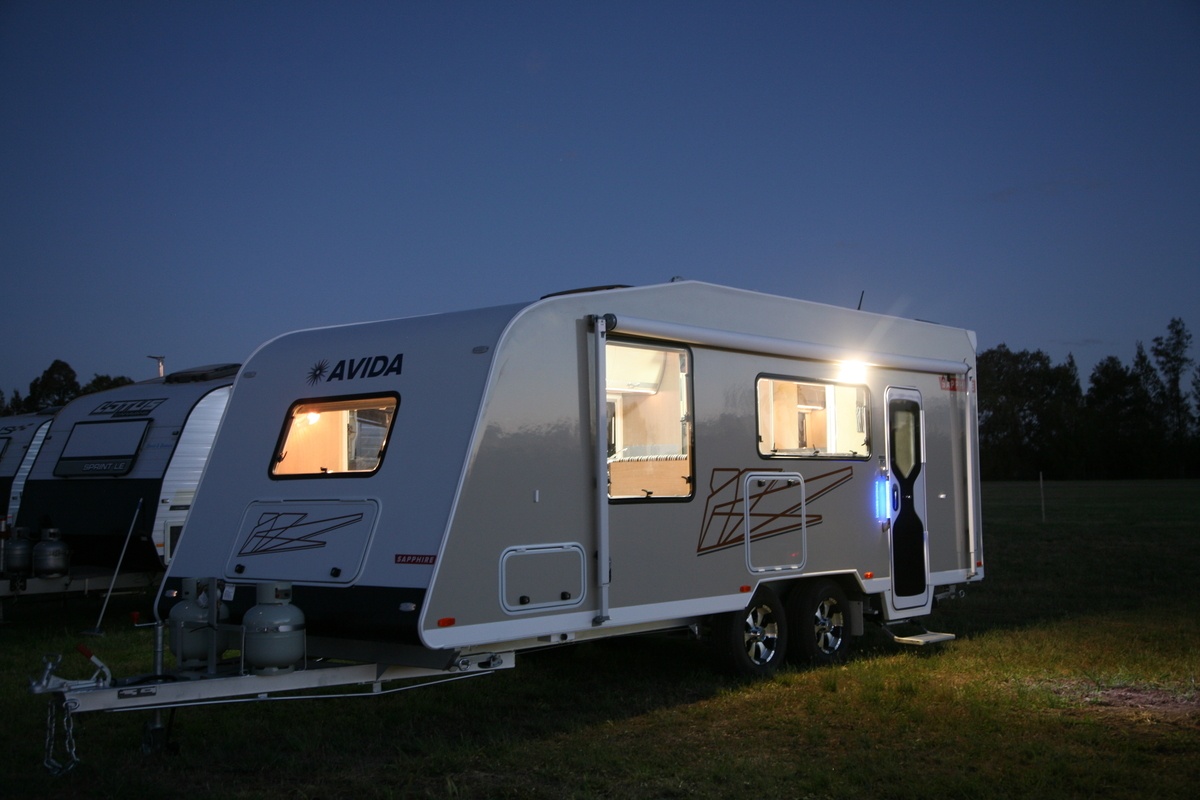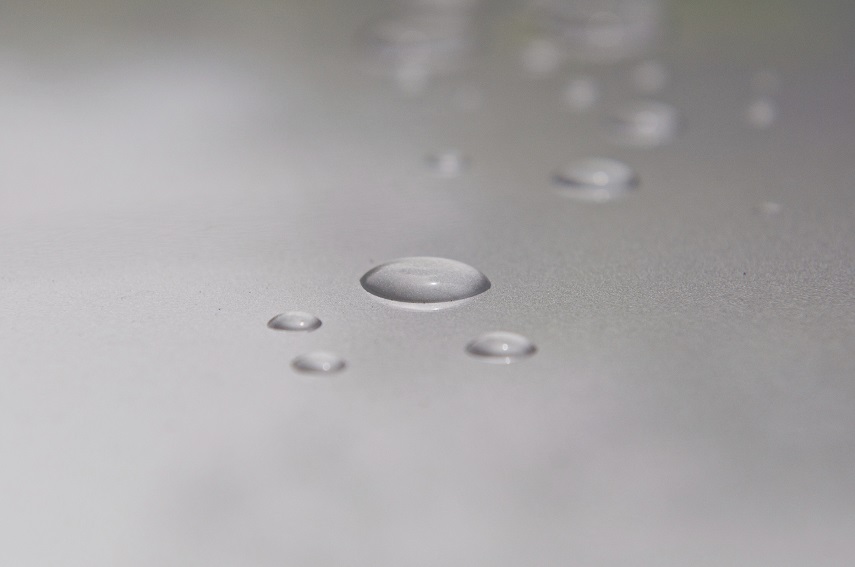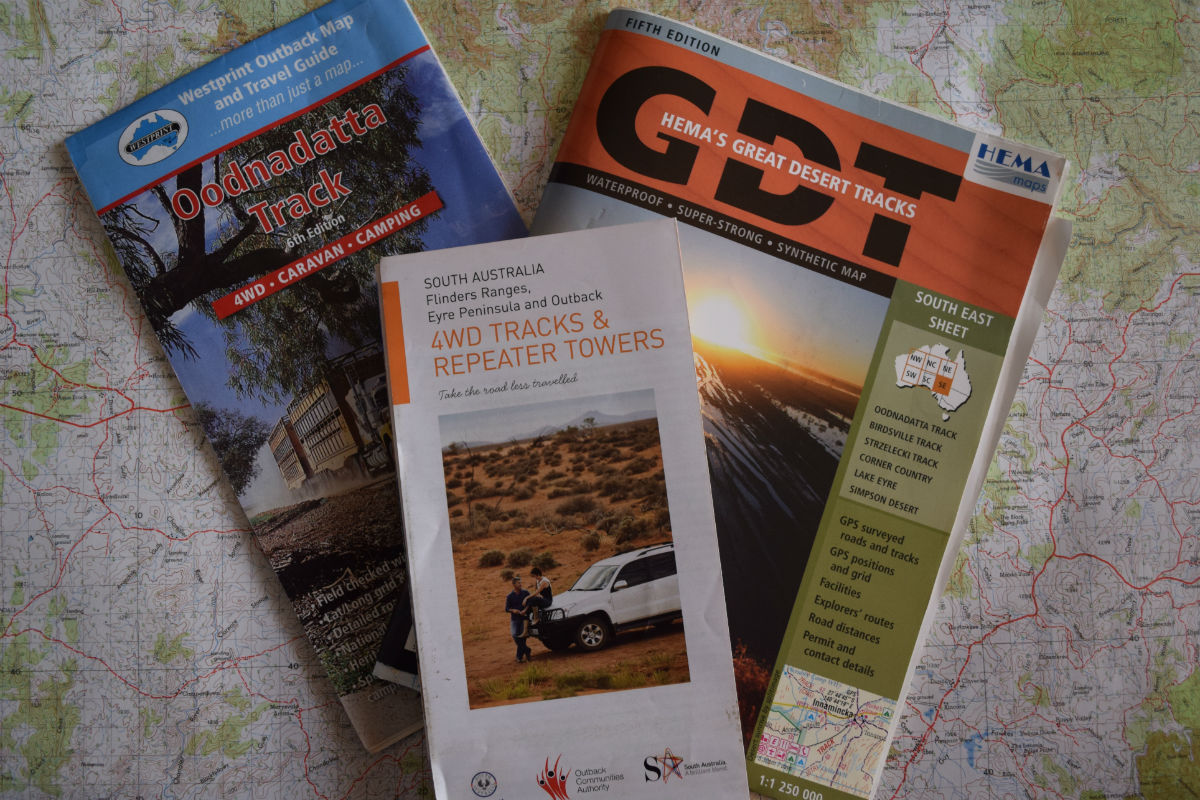As far as RV’ers are concerned there are two types of batteries. There are those used for starting engines and those used for everything else, usually covered by the overall term, “deep cycle”. Starter batteries are lead acid-based and are designed for high current, short-time operation, whilst deep cycle (and derivative) batteries are used where the 12V load is more constant. The clue to easily tell the difference is in the way the batteries are rated, starter being Cold Cranking Amps (CCA) and deep cycle being Amp Hours (AH).
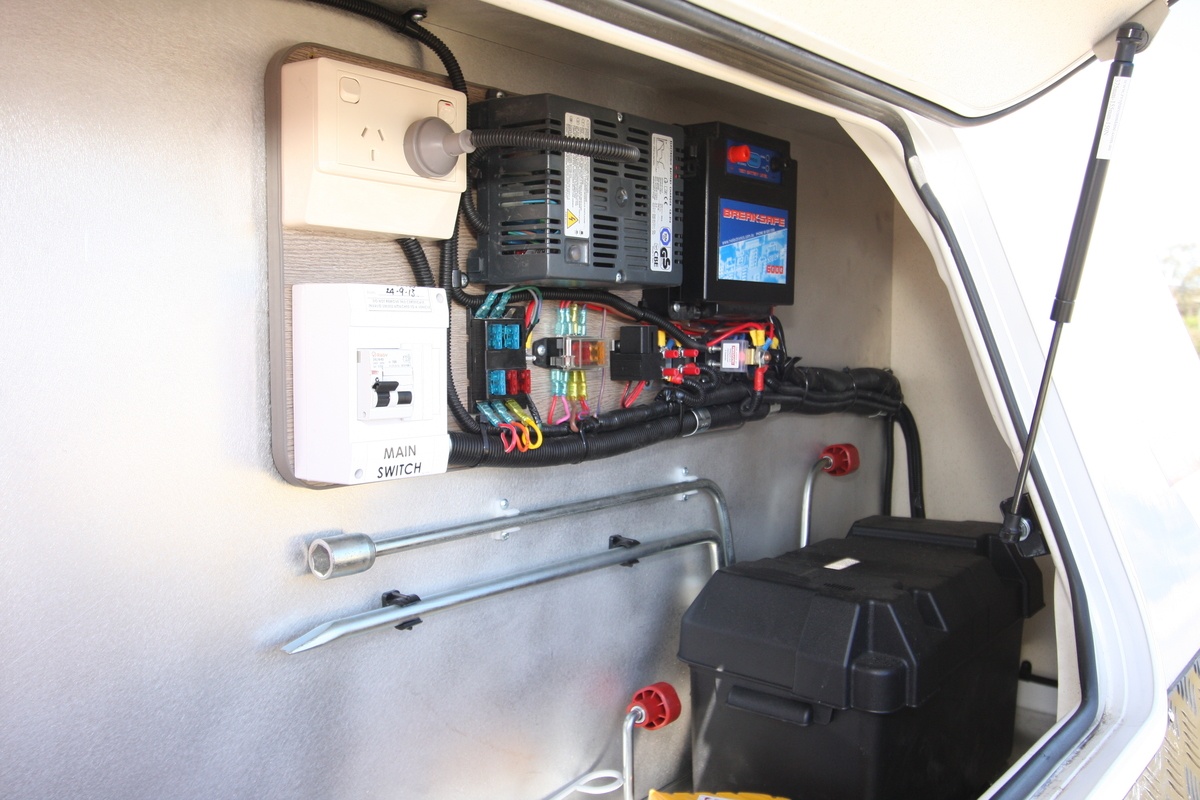
Deep cycle batteries are available in three different forms – Flooded, Gel Cel and AGM. Over the last few years though, Lithium (LiFEPO4) batteries have started to make their presence felt in Recreational Vehicles. In any battery-powered system, it’s essential that all batteries be of the same type.
Flooded
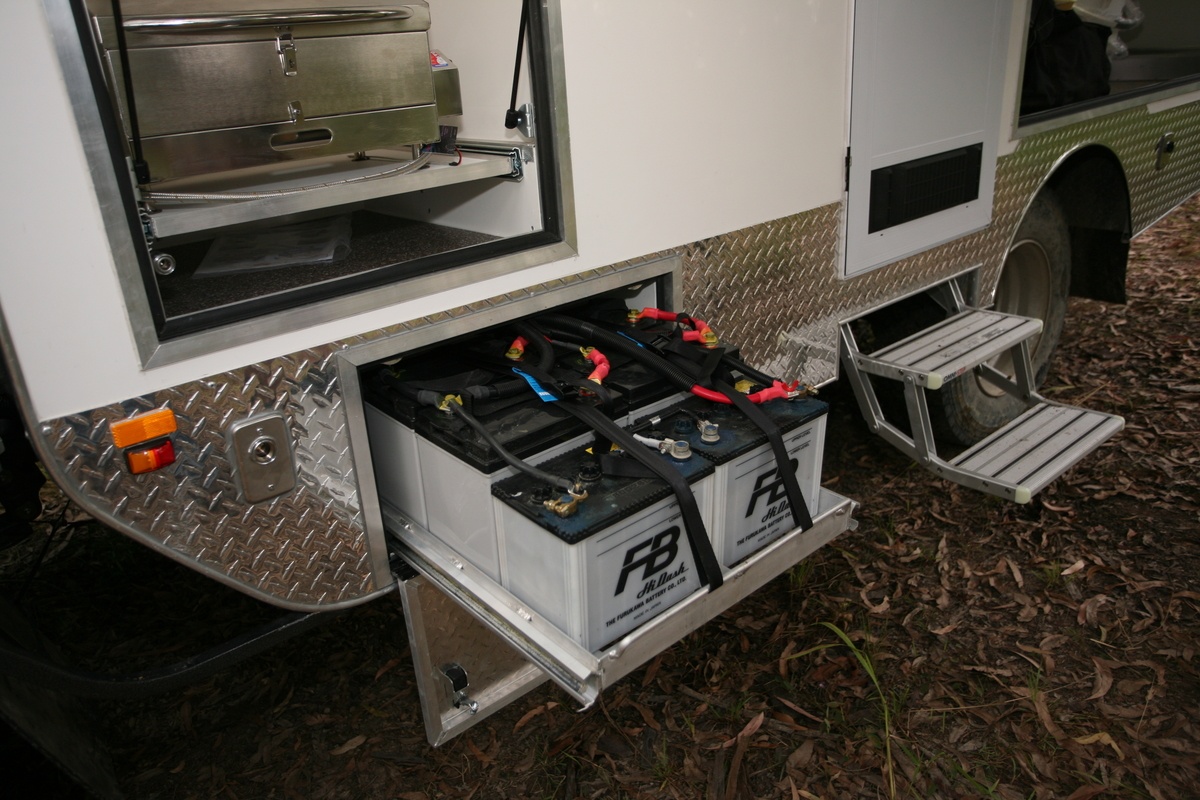
Flooded deep cycle batteries are built in much the same way as conventional car starter batteries, that is lead plates are suspended in wet acid, except that thicker plates are used to withstand repeat cycling. The reason for the thicker plates is so that they do not buckle under extended battery discharge. Flooded batteries are relatively inexpensive when compared to anything else but are not as versatile.
Gel cell
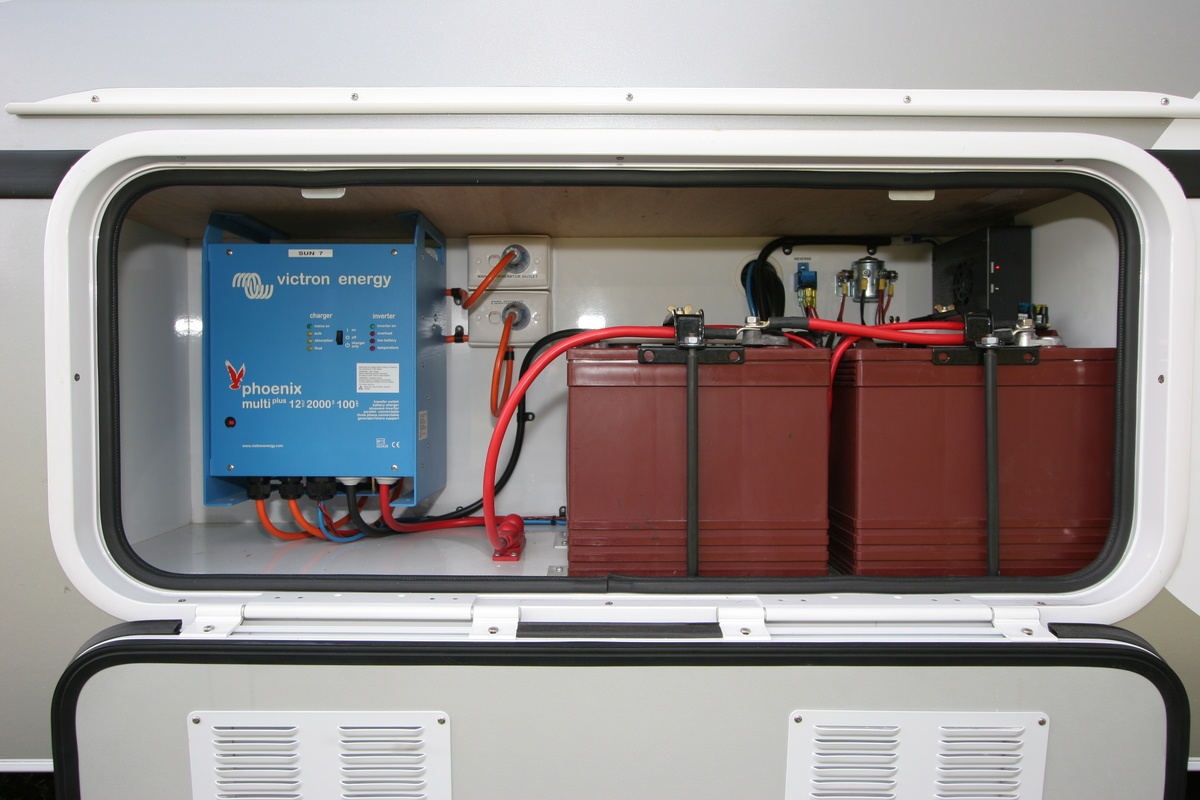
Different from the flooded variety Gel cell batteries have plates that are held in an immobilised gel making them very robust and resistant to spill. Compared to flooded and AGM batteries they are more expensive but are more effective for “deep cycle” operation. A problem that Gel cell batteries have is that they are more sensitive to voltage spikes than other batteries and should be charged at 14.4V, thus requiring a dedicated charger.
AGM
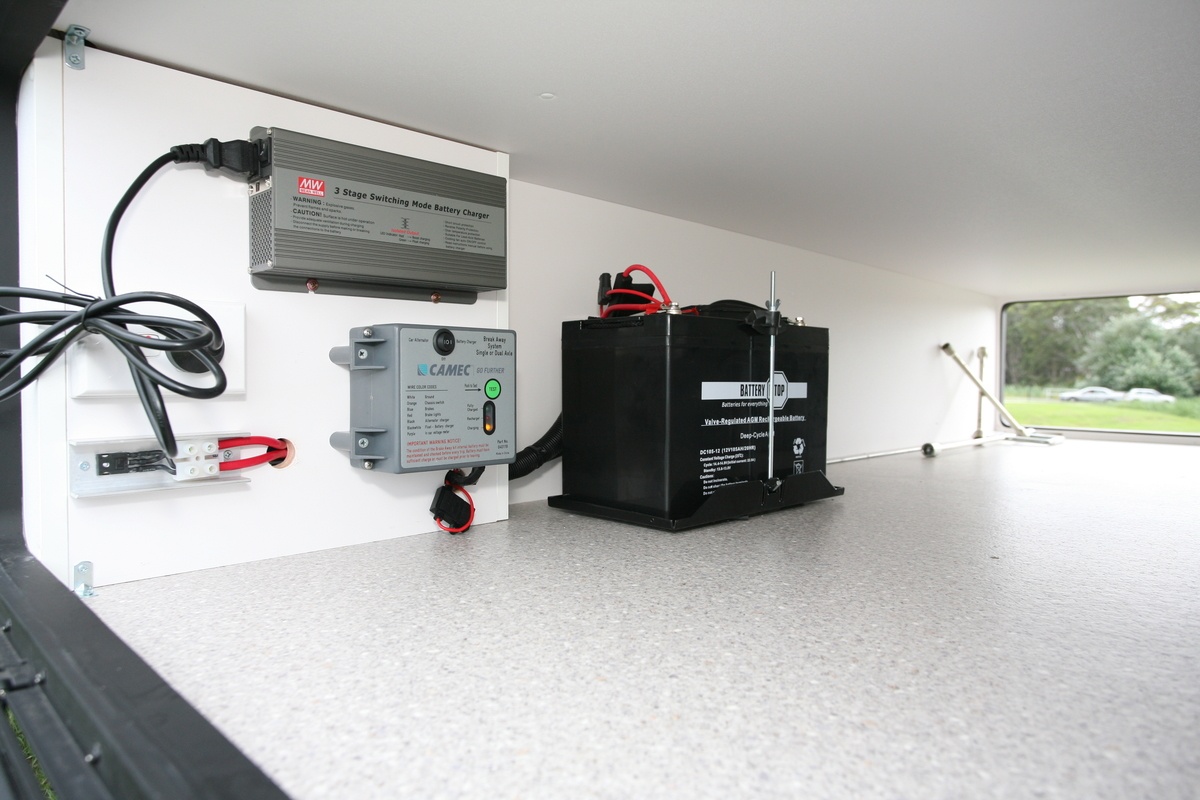
Absorbed Glass Mat (AGM) batteries were originally developed for the military and have an absorbed glass fibre mat that sits suspended in an electrolyte. Like Gel batteries, they are fully sealed and designed to be maintenance-free and are designed to withstand mechanical handling or something like vibration on corrugated roads. Similar to Gel cell batteries, they are sensitive to heat in locations like under the bonnet of a car. Of all the deep cycles, AGM batteries have the lowest self-discharge rate and are best suited to RV’s that are used every few months, rather than all the time. For economic service life, it’s best if both Gel cell and AGM batteries are not regularly discharged to less than 50% of their capacity.
Lithium
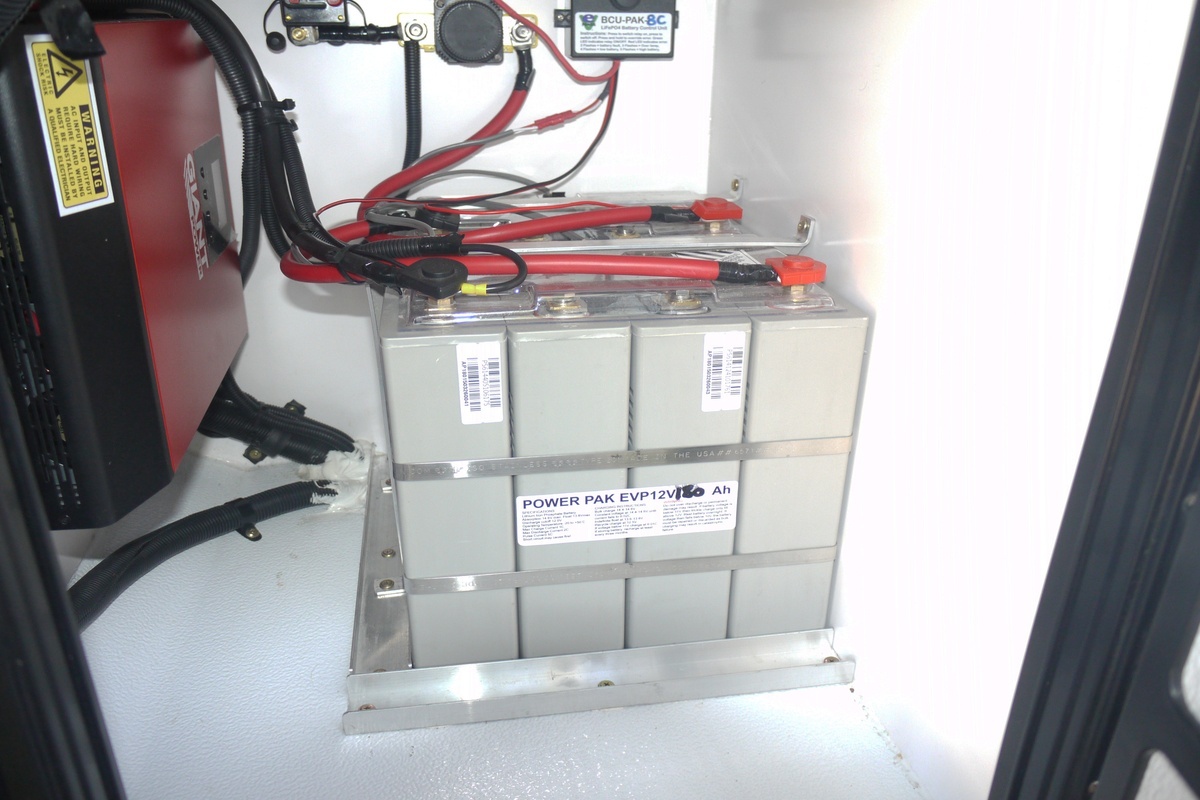
Lithium-ion (LiFePO4) batteries are becoming more common in RV usage. Undoubtedly the prime advantage is that their output voltage remains constant even when down to 10-20% of their charge. For a given output, they are lighter and smaller than conventional deep cycle batteries. They can also be charged and discharged at a relatively high current. Lithium batteries do require a dedicated charger/monitor and are at this time, very expensive when compared to AGM batteries. That said, if a heavy 12V load is expected during extended outback travel, then the more expensive lithium (LiFePO4) batteries may well be the better choice.
MEET THE AUTHOR
Tim van Duyl
Coming from marine publishing Tim now oversees Caravan World and Trade-a-Boat for the Adventures Group as their Senior Editor. With experience garnered from travelling the breadth and width of his home country New Zealand in all manner of ways, his mission is to see all Australia has to offer. Having already sampled Cape York, Murray-Sunset National Park, Wilsons Promontory and the bulk of Victoria’s West, he has plans to add to the small parts of WA and NT already seen. When not on the road you can find Tim passing time at lakes around Australia or in the high country camping with his close friends and family with the Murrindindi a popular spot.

